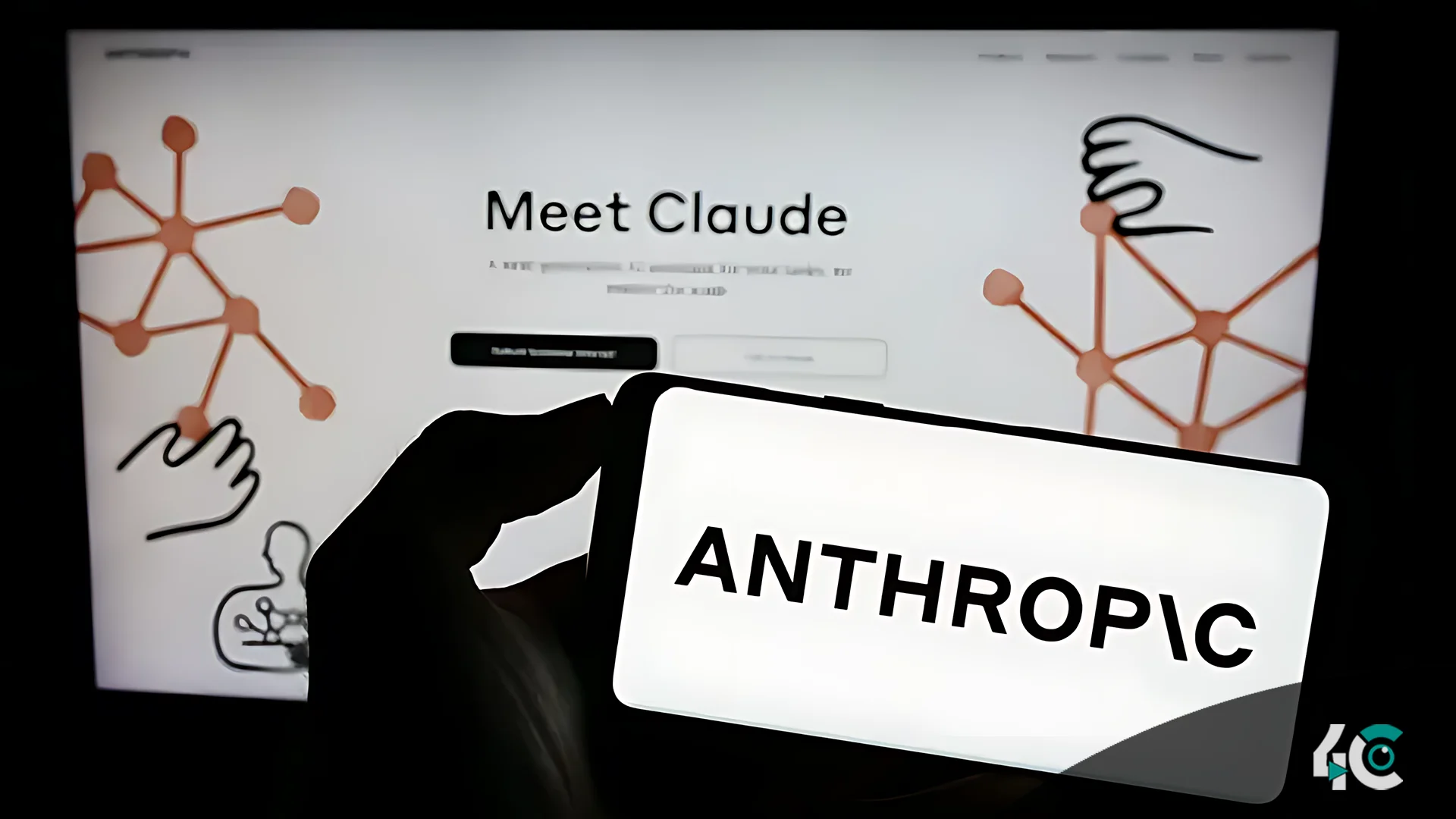An anthropic update of their Claude AI model has revealed a beta capability allowing people to regulate computer operations. Revealed on October 22, this most recent version of Claude lets developers instruct the AI to control the mouse pointer, click on buttons, and directly enter text into several programs.
A demonstration film highlighted Claude’s creative ability to move between several windows, launch new tabs for information searches, and copy data between several displays. With this tool, Anthropic hopes to enable developers to automate chores often requiring human involvement, thereby simplifying processes and raising productivity.
Many artificial intelligence language models currently interact with humans through specific interfaces and have limited capabilities for external activities. With this latest beta, though, Claude seeks more precisely to emulate human-computer interactions. By guiding Claude to work just like a person would, developers may improve the practical uses of artificial intelligence.
Anthropic has classified the function as experimental, acknowledging its potential difficulties and error-proneness. The corporation exhorts developers to submit comments so that the performance of the artificial intelligence could gradually get better.
Addressing privacy and security concerns, Anthropic recognizes that this technology can reveal new vulnerabilities to threats like spam and false information. The firm dedicates itself to ensuring safe implementation and monitoring of every technology usage to combat these hazards.
All things considered, this beta version represents a significant advancement in artificial intelligence capacity, therefore establishing Claude as a tool capable of perhaps revolutionizing computer-based work automation and execution.
































